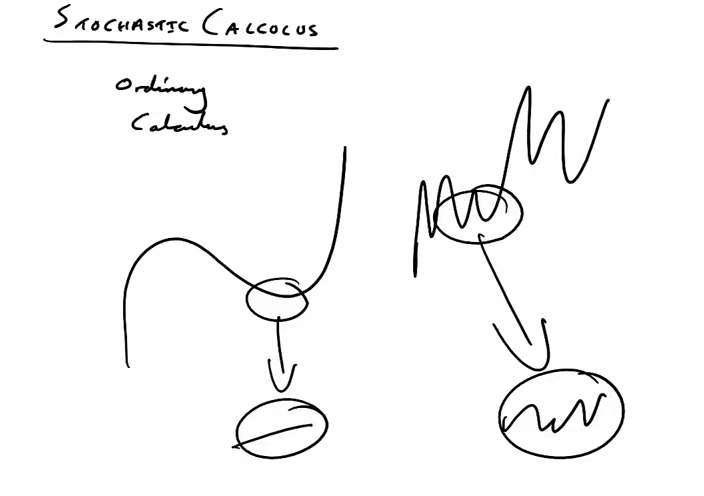14_R
- hrafnulf13
- Nov 9, 2020
- 1 min read
Updated: Nov 11, 2020
Probability plays important role in statistics. The idea behind this is based on relationships behind empirical probability/distributions and theoretical probability/ distribution [1].
Relative frequency is the empirical (or experimental) probability of an event is an "estimate" that an event will occur based upon how often the event occurred after collecting data from an experiment in a large number of trials. This type of probability is based upon direct observations.
Probability that we know is theoretical probability, where no experiment is conducted. The theoretical probability of an event occurring is an "expected" probability based upon knowledge of the situation. It is the number of favorable outcomes to the number of possible outcomes.
So basically, in practice, probability is an abstraction of the concept of the relative frequency. Both probability and relative frequency have same properties, since both of them is calculated in similar manner. In other words, relative frequency is actual representation/realization of the probability of theoretical model.
References
https://mathbitsnotebook.com/Geometry/Probability/PBTheoEmpirical.html



Comments